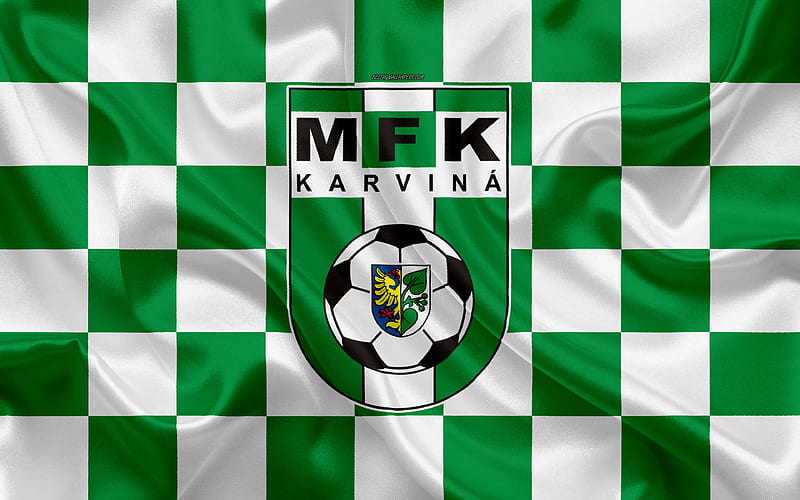Karvina FC is a renowned football club that holds a significant place in Czech football history. Known for its passionate supporters, resilient team spirit, and rich heritage, Karvina FC has become a symbol of local pride and sporting excellence. Whether you’re an avid football fan or new to the sport, understanding the depth and nuances of Karvina FC offers a fascinating glimpse into the world of Czech football culture https://bet88b.org/.
The History and Origins of Karvina FC
Understanding the roots of Karvina FC is essential to appreciating its journey through Czech football. Established over a century ago, the club’s history reflects resilience, community dedication, and continuous evolution amidst the changing landscapes of European football.
The Founding Years and Early Development
Karvina FC was founded in the early 20th century, amid the industrial boom of the Silesian region. The club initially emerged as a community initiative aimed at bringing together workers and residents through sport. During its nascent years, the team played in local leagues, often characterized by modest facilities and limited resources.
In these foundational stages, the club’s identity was closely tied to the local industry and working-class community. This connection fostered a sense of solidarity and loyalty among supporters, which remains a hallmark even today. The early years also saw the club participating in regional tournaments, gradually building its reputation and honing competitive skills.
Despite facing economic hardships during the interwar period and World War II, Karvina FC persisted, adapting to societal changes. The resilience demonstrated during these times laid the groundwork for future successes. The post-war era marked a period of rebuilding and re-establishment, with the club striving for higher levels of competition and recognition.
Growth and Development in the Post-War Era
The post-World War II years ushered in a new phase of growth for Karvina FC. With the nationalization of sports clubs under the communist regime, the club received increased support from local authorities and industrial entities. This period saw infrastructural improvements, such as the construction of dedicated stadiums and training facilities.
During this era, Karvina FC climbed through the tiers of Czech football, showcasing talent from local youth academies and fostering a strong team ethic rooted in community values. The club’s performances in regional and national competitions began garnering attention beyond the local area.
In addition, players from Karvina FC became prominent figures within Czech football circles, some earning spots in the national team. These accomplishments elevated the club’s profile and contributed to a sense of pride among supporters.
The 1960s and 70s marked a transformative phase, driven by strategic recruitment and the development of youth programs. While facing fierce competition from other clubs, Karvina FC maintained its identity as a team deeply rooted in its community.
Transition to Modern Football and Challenges
The fall of communism in the late 20th century brought significant changes to Czech football. Deregulation, privatization, and increased commercialization meant clubs like Karvina FC had to adapt swiftly to survive in the evolving landscape.
The club faced financial challenges due to reduced state support and the shift towards private ownership. This period saw fluctuations in league standings, with the club oscillating between divisions. Despite setbacks, the club focused on nurturing local talent and strengthening its infrastructure.
Strategic partnerships with local businesses and investments in youth development helped stabilize the club’s operations. Moreover, increasing fan engagement through modern marketing strategies rekindled support and fostered a renewed sense of community.
